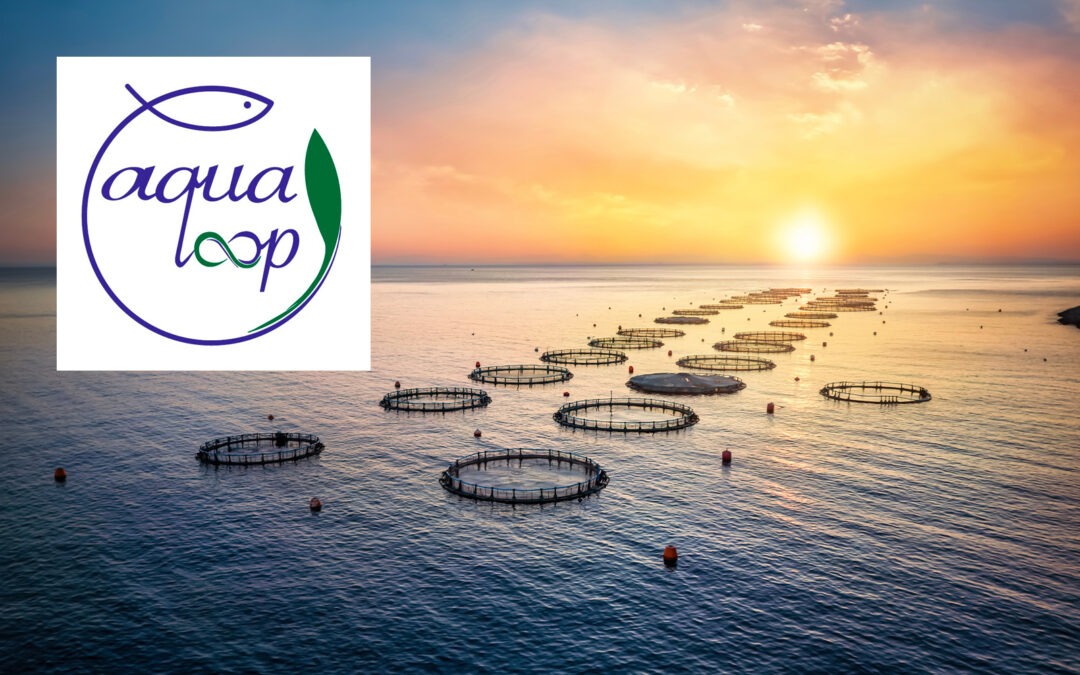For over 30 years, the European Interreg program for the southern Baltic Sea region has been strengthening cross-border cooperation in order to shape a liveable and sustainable future locally. With AquaLoop, the funding program supports a project that further develops resource-conserving aquaculture and thus makes a decisive contribution to the EU’s economic and ecological goals, especially in the context of the European Green Deal, the EU Biodiversity Strategy 2030 and the “Farm to Fork” strategy.
As part of AquaLoop, seven project partners from five EU countries have joined forces under the leadership of the University of Rostock. Their common goal is to develop, promote and disseminate new approaches for the circular production of aquacultures such as fish, crustaceans and microalgae. With a focus on the circular economy and blue biotechnologies, closed nutrient cycles are promoted that generate additional by-products and support responsible consumption.
The project focuses on three transnational pilot projects at the universities of Rostock (DE), Gdansk (PL) and Klaipeda (LT). Together with project partners and associated organizations from the aquaculture industry, they are testing new concepts and production methods for the circular economy. Based on this, a comparative study will be carried out to identify existing obstacles to the development of circular aquaculture production in agriculture.
We are pleased to contribute our many years of experience in managing interdisciplinary cooperation and projects with European partners to make a contribution tothat the measures can be efficiently implemented and successfully established in the long term.

